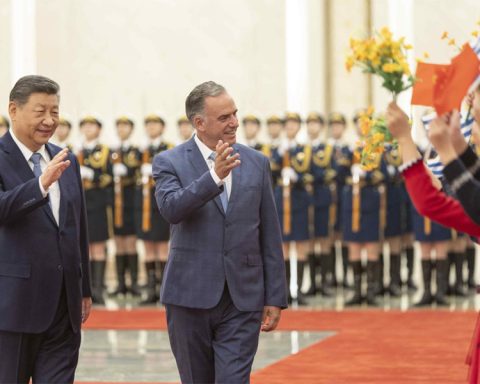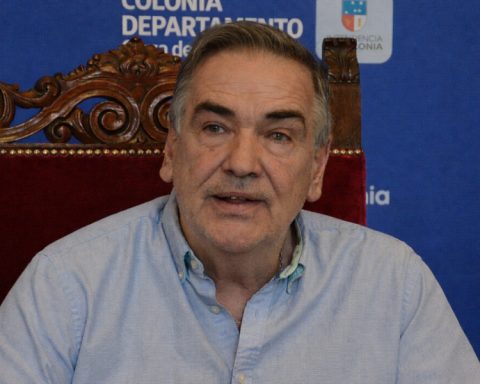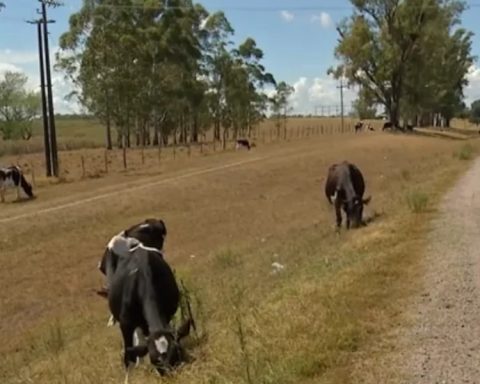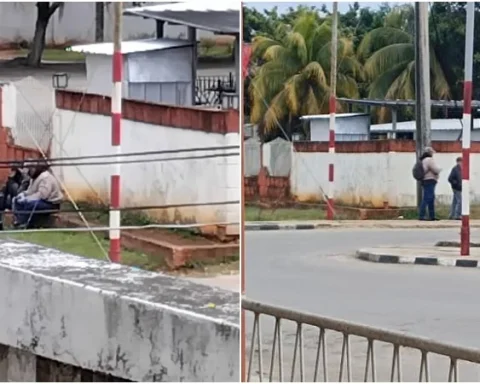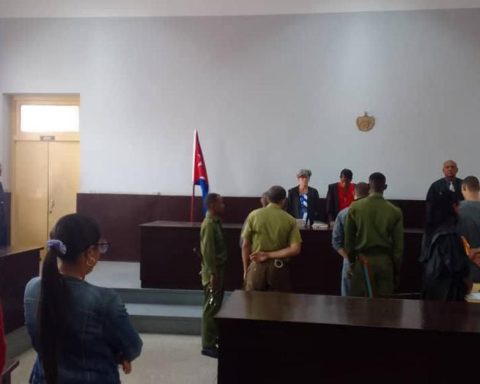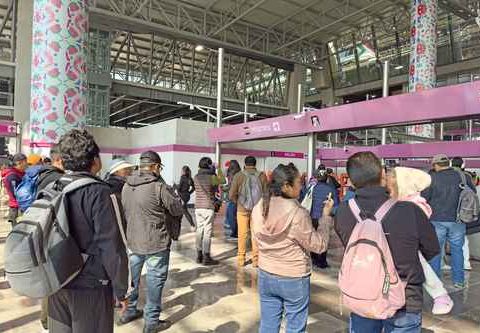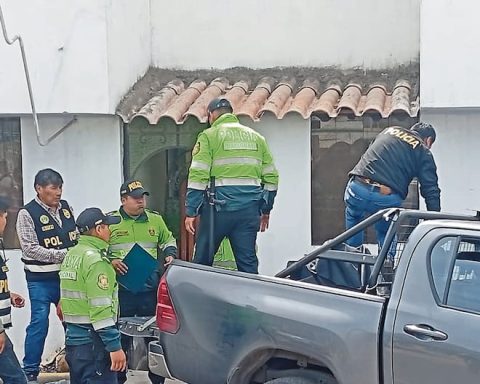This Friday the deputy for the Popular Participation Movement (MPP) Eduardo Antonini will present to Parliament a bill that seeks to promote cannabis tourism in Uruguay, and thus expand Law 19,172 on the regulation of cannabis, as reported by La Diario.
The main objective of the regulation is that non-residents who are legally in the country have access to the “sale of cannabis and its derivatives for personal consumption”points out the bill to which he had access The Observer.
“Tourism enterprises that are accredited by the Ministry of Tourism may associate with membership clubs”indicates the initiative that seeks to combine the different agents involved in this initiative, such as the National Drug Board (JND), the Institute for the Regulation and Control of Cannabis (Ircca), the Ministry of Tourism, self-cultivators and members of clubs cannabis.
“With this bill we seek to discuss the issue with all the parties involved,” Antonini explained. in dialogue with Coffee & Business. “We are not closed to exchanges and, in fact, we have a good dialogue with the Presidency and we also hope to discuss it with (the secretary of the National Drug Board Daniel) Radio,” he added.
In this sense, the Frente Amplio deputy hopes not to encounter objections from the parties that make up the ruling partygiven that this initiative aims to “continue a state policy”which, although it began in the government of José Mujica, “the administration of Luis Lacalle Pou intends to continue,” he asserted.
A new dimension of tourism
The objective of Antonini, parliamentary representative for the department of Maldonado, is to activate the tourism cannabis business in Uruguay with specific policies. In fact, he has had a fluid dialogue with the Argentine businessman and politician Facundo Garretón, who bought a mansion in Garzón in early 2021 to set up a cannabis hotel in one of the most important tourist areas in the country.
In dialogue with Coffee & Business, Garretón spoke of the “lack of concrete policies by the Uruguayan government”which had caused a brake on the investment developed by their companyYVY Life Sciences, in La Tertulia, the mansion that had belonged to the Argentine presenter Susana Giménez.
Garretón explained in May of this year that If this item is not activated in Uruguay, it would transfer its investment to another country between July and August 2022. At that time, Presidential adviser Nicolás Martinelli explained that this issue “It has been under study since the middle of last year” by the governmentalthough no deadlines are handled.
Camilo Dos Santos
“With this bill we seek to discuss the issue with all the parties involved,” Antonini explained.
Bottleneck
“We do not call it tourist cannabis —explained the hierarch—, we call it universalize access so that the foreigner can consume. In this line, Martinelli asserted that it is “a complex issue”, since bottlenecks can be generated. “It is not just a legal issue, but rather it is about solving a registration issue to access cannabis consumption, to see if the points of sale, which are the pharmacies, are enough,” he explained.
For Antonini, meanwhile, “a solution must be found” at this point and he hopes to discuss it with the parties involved in the matter. “We are not closed; we want to look for solutions”, reiterated the deputy.
The bill promoted by Antonini seeks accelerate the recovery of the tourism sector, one of the hardest hit by the health crisis unleashed by covid-19. Furthermore, according to Uruguay XXI “The cannabis sector generates more than 1,000 direct jobs in the country, expanding significantly during the harvest and harvest seasons.”
In the world
Tourist cannabis impacts various sectors of the economy and makes them grow. “Of the US$25 billion in legal cannabis sales in 2021, Forbes estimates that as much as $4.5 billion was driven by tourists, who spend an additional $12.6 billion in restaurants, hotels, attractions and other shops, as well as in state and municipal tax coffers. indicated a survey of the specialized business publication.
In recent years, some states, such as the Netherlands and 19 states in the United States (plus Washington DC), have opted for the development of this economic activity. The goal “is for Uruguay to become the regional benchmark for cannabis tourism,” Antonini concluded.
